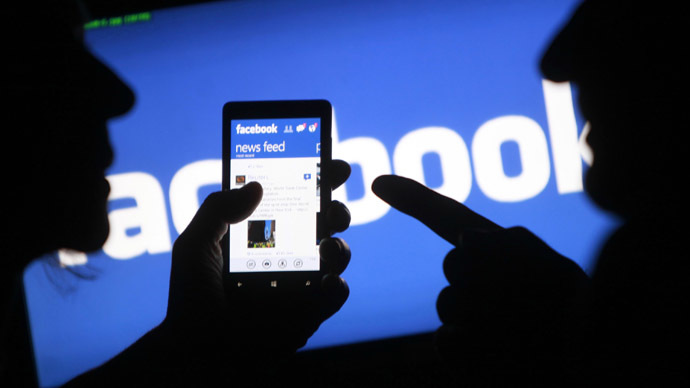Hiding in plain sight

Is the modern media landscape undermining our ability to detect and punish malicious leaders?
“You can fool part of the people some of the time, you can fool some of the people all of the time, but you cannot fool all the people all of the time.”
This famous quote by Abraham Lincoln was used for decades to explain why liberal democracies are the best political system to protect people from tyranny, as well as why they are inherently resilient against corruption and malicious conspiracy. The scenario here is that the “mighty” may be able to temporarily cover up evil ambitions to topple the government, or make deals with rival forces to sell off major parts of the (democratic) infrastructure However, eventually, a democratic society with its institutions like the free press and the freedom of speech, will expose them and prohibit the bad from happening. A perfect case study here is the 2019 Austrian “Ibiza-Affair” in which the then-serving vice-chancellor Heinz-Christian Strache got exposed by German news outlets, for severe corruption and abuse of power, and subsequently removed from his position.
What had happened?
During a vacation in the beautiful Balearic Island of Ibiza, Strache tried to sell the major Austrian newspaper “Kronen Zeitung” to a woman whom he thought was a Russian oligarch, interested in taking over influential Austrian news outlets. However, the room in the privately rented villa, was wired and had hidden cameras, which recorded the whole conversation and later got into the hands of the aforementioned German outlets. These revelations quickly struck waves of outrage all over the world, and Strache was forced to resign. On top of that, the chaos caused by Strache resulted in a government collapse, and new elections had to be announced. To punish and deter officeholders from such huge irresponsibilities is vital to any state – especially for democracies.
Nowadays though, it seems that revealed actions, that before would have meant political death, are survivable.
Nonetheless, for some time now, we could see a fundamental shift that could end Lincoln’s paradigm once and for all. His thinking rests on the assumption that power-abusing actors want to continue with their harmful behavior and dirty business without being sanctioned. Therefore, they need to conceal their actions, which exactly is the challenge for rightful citizens and democratic institutions – to uncover these wrongful actions and bring them to the broader society’s attention. Nowadays though, it seems that revealed actions, that before would have meant political death, are survivable. One just needs to think about a certain Donald J. Trump, who happened to be US president for a few years and still is a vibrant figure in US politics today. This man’s tale of publicized scandals would have been enough for several lower-tier representatives to resign. Yet he seems to thrive, and a sizable chunk of the US constituency loves him, despite all his, at times disgusting, at times democracy-endangering, behavior.
Is it that today’s ‘mighty’ must not cover up their dirt, but just make sure there is enough other information flying around and blurring their sensitive information, to distract the people from holding them accountable?
The way in which social media works, and the sheer omnipresence of information – with varying degrees of quality – in a normal citizen’s life, through smartphones, infotainment systems, et cetera would surely speak in favor of this argument.
As attention spans get shorter and the quantity of information fired at individuals increases to an astronomical amount, the likelihood of citizens’ critical engagement with a single set of information decreases evermore. This trend could be strengthened by the ever-increasing pace of life and the social and economic struggles of a world diverting to a dangerous path of confrontation as opposed to one of cooperation.
All these pressures could motivate those people with an incentive to hide certain information from the eyes of the public, to put their efforts into creating an avalanche of (bullshit-) information, thus confusing until the sensitive information is not identifiable anymore. In the end, this could be a way more effective strategy, than trying to hide what will eventually come to light anyway.
So what would Lincoln advise us as modern, critical citizens? Maybe he would tell us to, not only, try to disentangle the infinite net of information presented to us, and contemplate if there is something covered underneath – but also if there is something hiding in plain sight.



